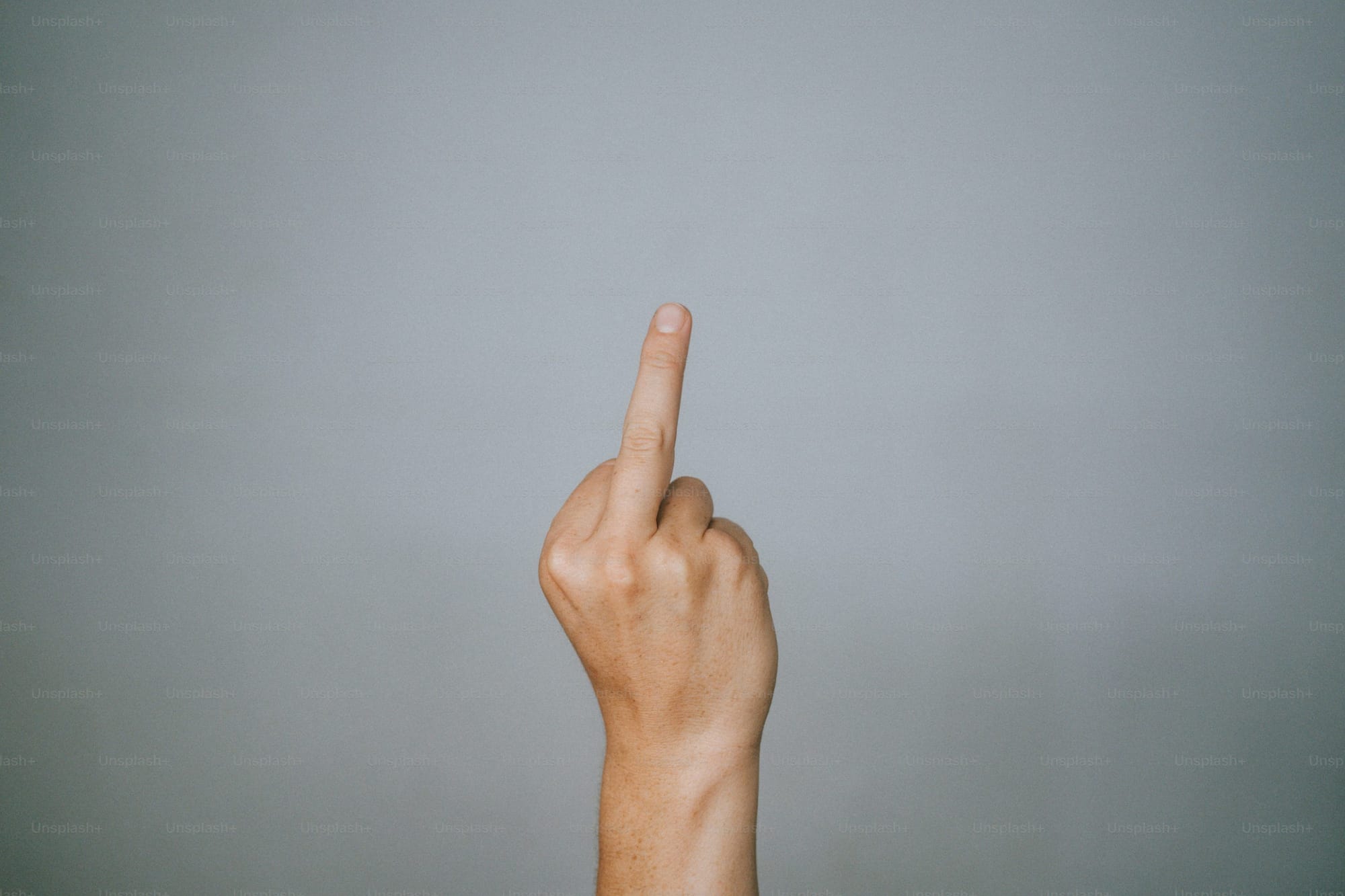Let's Talk About Bias

Someone accused me of bias this morning.
Specifically, bias against MAGA and Trump supporters.
Apparently it’s disappointing to discover that I’m not the morally neutral arbiter of truth they imagined me to be.
So let’s talk about it. Let’s talk about my neutrality.
The accusation of bias has become a powerful weapon in modern discourse, wielded like a ceremonial sword that’s meant to end all debate.
It’s frequently directed at members of marginalized groups who dare to express concerns about political movements explicitly targeting them.
Imagine accusing a chess piece of bias against the player trying to remove it from the board. That’s pretty much how it plays out.
Here’s the thing about bias: sometimes what looks like bias is actually pattern recognition. Sometimes it’s mathematics. Sometimes it’s the simple calculus of survival. Sometimes it’s just common sense.
I am a transgender woman. This fact shouldn’t be particularly relevant to my ability to analyze political movements or discuss policy implications.
But here we are, in 2025, where my very existence has become a convenient political football, kicked around by people who have never met me, never spoken to me, never considered me as anything more than an abstract concept to be debated.
This week, Meta decided to modify its hate speech policies to explicitly allow certain slurs against people like me. They made this change with the precision of a surgeon, carving out special exceptions that target a specific group.
This isn’t speculation or paranoia — it’s published policy. What exactly is the rational, unbiased response supposed to be to an institution deliberately removing protections from you?
The paradox here is exquisite. To maintain credibility in certain circles, I’m now expected to approach this situation with the detachment of a Vulcan anthropologist studying a particularly fascinating human custom.
Should I stroke my chin thoughtfully while discussing whether I deserve basic dignity? Perhaps I should construct elaborate steel-man arguments for those who question my right to exist in public spaces?
When someone says you’re biased against them because you object to their stated goal of removing you from society, they’re not actually asking for fairness — they’re demanding complicity.
It’s the political equivalent of asking why the gazelle seems to have such a negative view of lions.
Think about the underlying logic here: I’m biased because I don’t give equal weight to both sides of a debate about my fundamental rights. I’m biased because I notice patterns in political movements that explicitly state their intentions regarding people like me.
I’m biased because I take them at their word when they tell me what they plan to do.
The enlightened position would presumably be to meet halfway — perhaps I could agree to half-exist? Maybe I could compromise by only existing on alternating Tuesdays? Would that demonstrate sufficient lack of bias?
This brings us to a broader point about the nature of political discourse and the myth of perfect neutrality. We’ve somehow arrived at a place where acknowledging reality is considered a form of bias. Where self-preservation is dismissed as prejudice.
The truly absurd part is that this demand for neutrality is selectively applied. Those making these accusations of bias rarely demand the same level of detached objectivity from others discussing their own fundamental rights.
They don’t expect gun owners to be perfectly neutral about Second Amendment rights, or property owners to be unbiased about property taxes, or religious groups to be dispassionate about religious freedom. But I must remain neutral about my right to draw breath.
Let’s be crystal clear: if someone tells you they plan to harm you, believing them isn’t bias — it’s listening. If someone has a consistent pattern of actions that directly impact your life, noticing it isn’t bias — it’s paying attention.
The reality is that there’s no such thing as perfect neutrality when discussing movements that explicitly target you. The best we can aim for is honesty about our position and clarity about our reasoning.
I can acknowledge that my perspective is informed by my experiences and my reality while still maintaining rigorous standards for evidence and argumentation.
So yes, if you want to call my desire to exist safely in society a bias, go ahead. If you want to label my opposition to movements that explicitly target me as prejudice, be my guest. If you want to characterize my pattern recognition as political activism, knock yourself out. (Please)
But let’s not pretend this is about fairness or objectivity. Let’s not pretend this demand for neutrality is anything other than a demand for silence. Let’s not pretend that “bias” in this context means anything other than refusing to pretend threats don’t exist.
Perhaps (humor me here) in a world of Trumps, my bias isn’t the worst sin. Perhaps there are things more important than maintaining the appearance of perfect neutrality. Perhaps, sometimes, what looks like bias is simply the rational response to an irrational situation.
And if that makes me biased, well, I can live with that.
The alternative might be not living at all.
Discussion